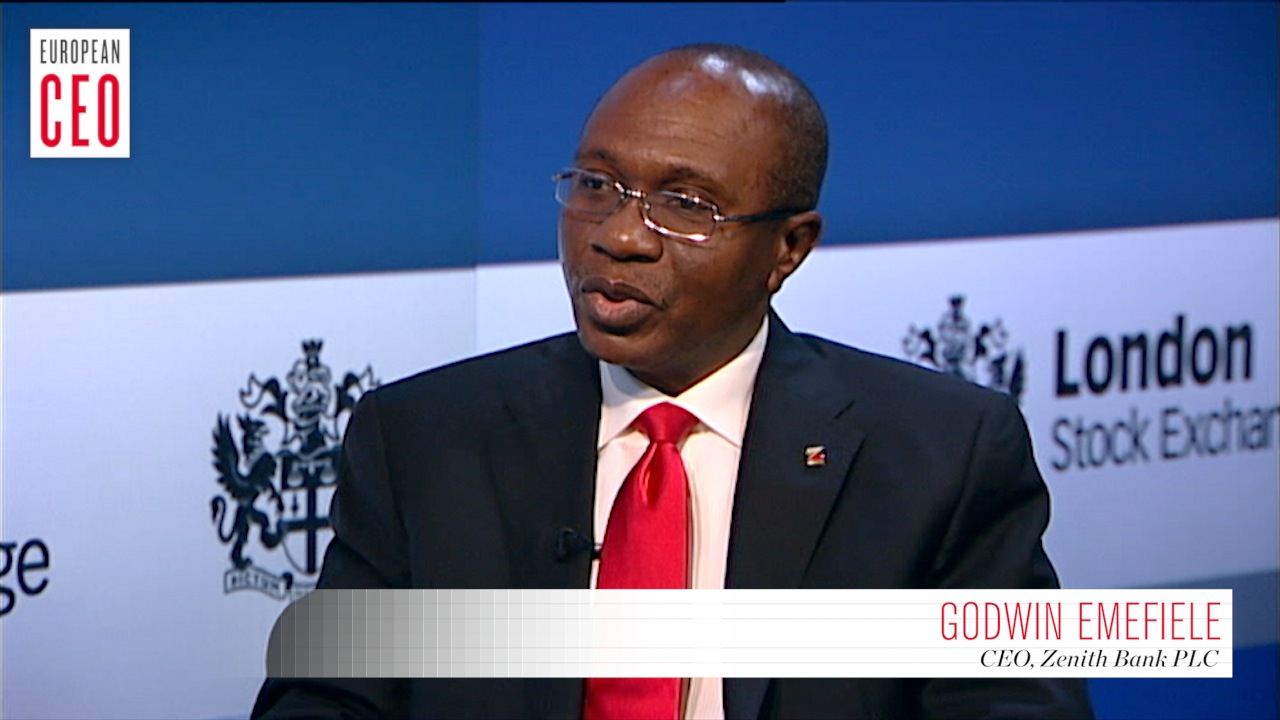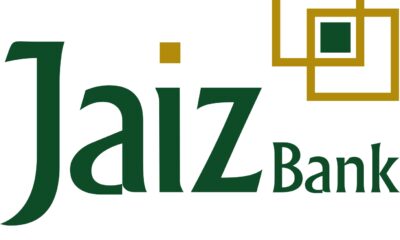As part of measures to address the rising trend of unclaimed dividends in the nation’s capital market, which has hit the N80 billion mark, banks and registrars have been mandated by both the Central Bank of Nigeria, CBN and the Securities and Exchange Commission, SEC to set up e-dividend champions in their respective institutions.
Also, work is underway to address overlapping functions between the Debt Management Office, DMO and SEC, just as the commission is to use moral suasion in attracting telecommunication companies, oil and gas and other blue chip companies to list on the Nigerian Stock Exchange, NSE.
It was also gathered that the commission is canvassing for tax concessions that will attract more investment into the capital market.
The National Assembly is working closely with the DMO and SEC to address the overlapping functions observed in the discharge of duties by both organisations.
Specifically, the Director General of SEC, Munir Gwarzo confirmed that work is underway to address the overlapping functions in both institutions.
According to him “Very soon we will give you the details where there are overlapping functions between the two institutions.” The SEC DG further hinted that the CBN will also sanction banks that fail to comply with the free e-dividend mandate which is expected to end on 31st December 2016.
Gwarzo said attaching deadline to e-dividend registration was necessary to ensure compliance by investors, observing that any bank that fails to comply with free mandate processing on e-dividend will be duly sanctioned.
He said “SEC has been in the vanguard for people to register for e-dividends, but whenever you go to the bank or any of the registrars, people tend to be frustrated because there seems to be some misunderstanding between the banks and the registrars.
So, we had a very successful meeting last Monday where we had all the registrars, all the heads of operations of banks, we also got the Director of Payment System of the CBN and Director of NIBSS and we sat down and exhaustively discussed the issue and we resolved that each bank is going to appoint an e-dividend champion and CBN will as well direct the banks to have these e-dividend champions.
“The e-dividend champion will be the one that will liaise with the head of operation of each bank and every registrar is also expected to have e-dividend champion. We agreed that every Compliance Officer for every registrar will serve as e-dividend champion.
We also agreed that any time the registrar or the banks have any issue that requires clarification, Nigeria Inter-Bank Settlement System, NIBSS will provide the clarification. The registrars also agreed that whenever they have any issue with respect to identity of an investor, within three to four days, they will reach out to the bank or NIBSS.”
He explained that once an investors registers for e-dividend, the backlog of his/her unclaimed dividend that are not yet status-barred would be credited to his account by his registrar. He added that SEC would continue to underwrite the registration for e-dividend until December 2016, saying that registration after the stipulated timeline would attract a token fee.
As part of its advocacy programme, he said the commission has met with all the strata of the government in an effort to get their buy-in to the Capital Market Master Plan and recently with the Minister of Finance, Mrs Kemi Adeosun, with regards to considering tax concessions that will attract more investment into the capital market.
“The Capital Market Master Plan Implementation Committee, CAMIC, met the President of the Federal Republic of Nigeria; we also met the Governor of the Central Bank, the Attorney General of the Federation, and Speaker of the House of Representatives. This is to ensure that we have their buy-in because for you to be able to implement the Master Plan successfully, you need the buy-in of the executive, legislature and the judiciary.
“You will recall that in February this year, we had a two-day session with the judiciary in which we discussed with them what the capital is, what the SEC is and largely what the Investment and Securities Act, ISA, so that we can get their support and cooperation.
We also had a two-day session with the National Assembly; SEC partnered with the Committee on Capital Market both at the House of Representatives and Senate and we had a very successful outing. That is part of our advocacy strategy so that we have all the levels of government buy into the master Plan.”
“Just last Saturday, we had very successful meeting with the Minister of Finance and we had in attendant the chairman of the Federal Inland Revenue Services, FIRS, and the DG of Debt Management Office, DMO. For the last 30 – 40 years, the capital market has been clamouring for certain concessions with respect to tax and certain capital market products which we believe that will further enhance the development of the market” the SEC DG added.
“We have no other place to invest our little funds than in our market and that is why we are trying to cultivate your appetite and the only way to do that is to address some of these issues. Once these issues are addressed and the retail investor returns, we will be able to raise participation in the market from 2 per cent it is now to about 4 per cent in the next 10 years.”
Continuing he said “The BVN platform that is being provided for the e-Dividend will also enable us to implement other initiatives in the market. For instance with the BVN platform everyone that operates in this market as an investor will have his data within this system, so if anyone wants to defraud, it cannot be done. People cannot impersonate others as the platform will expose them.”


 Billionaire Watch3 weeks ago
Billionaire Watch3 weeks ago
 Startups4 weeks ago
Startups4 weeks ago
 News4 weeks ago
News4 weeks ago
 News4 weeks ago
News4 weeks ago
 Bitcoin4 weeks ago
Bitcoin4 weeks ago
 Naira4 weeks ago
Naira4 weeks ago
 Forex3 weeks ago
Forex3 weeks ago
 Treasury Bills4 weeks ago
Treasury Bills4 weeks ago
























